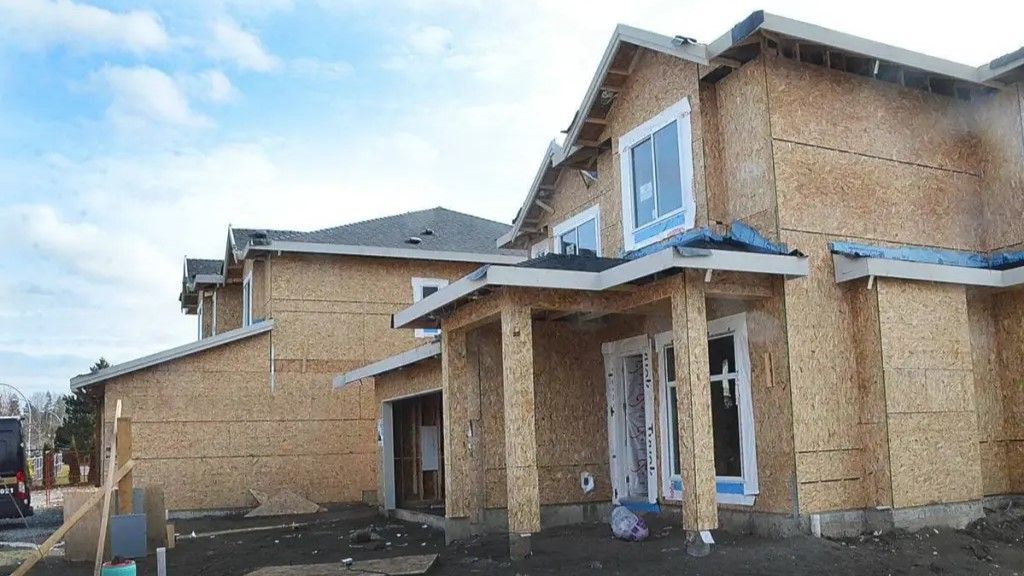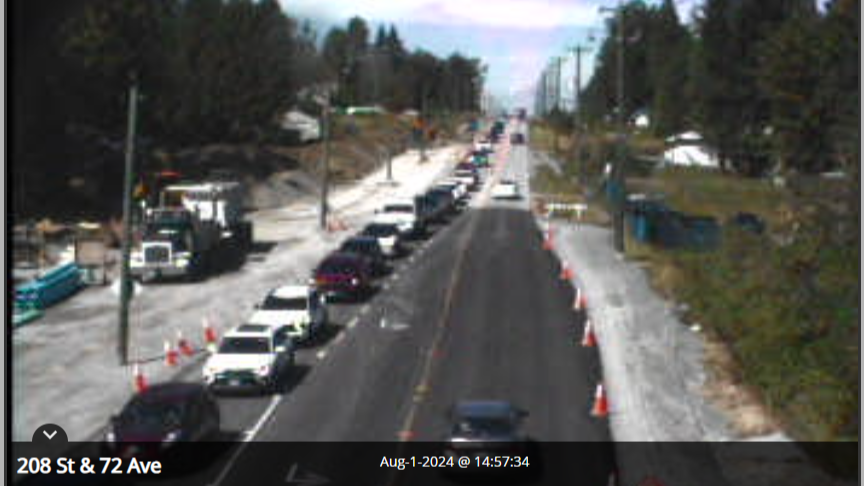Province introduces legislation intended to protect homebuyers in hot real estate market
The Canadian Press - CBC News • April 19, 2022

'Cooling-off period' could put sellers at greater disadvantage, experts say.
The British Columbia government says people buying homes in the province's hot real estate market could soon be protected by a cooling-off period that gives them time to back out of an agreement.Finance Minister Selina Robinson says the Property Law Amendment Act introduced in the legislature today will help build the framework for a protection period for homebuyers to properly assess, finance and inspect the home they want to buy.
Robinson says the length of the cooling-off period and potential financial costs of leaving a purchase agreement have yet to be determined.
Real estate experts say the government's cooling-off plan will not ease housing affordability in the province and could put sellers at a disadvantage.
Prof. Tsur Somerville at the University of B.C.'s Sauder school of business says the legislation would give buyers more time for due diligence, but may also allow purchasers to make offers without consequences, putting the seller at a disadvantage.
"You've got to have it set up in a way that has sufficient money at stake if somebody backs out of a deal.''
Somerville says the legislation won't make housing less expensive.
"If your notion is this is going to address affordability, this really sort of isn't the path to take.''
"You've got to have it set up in a way that has sufficient money at stake if somebody backs out of a deal.''
Somerville says the legislation won't make housing less expensive.
"If your notion is this is going to address affordability, this really sort of isn't the path to take.''
A report last month by the B.C. Real Estate Association said introducing a cooling-off period would cause more problems than it solves, including uncertainty for sellers.
In a news release, the association said a "pre-offer period" would give buyers more time to consider a purchase.
Rather than allowing buyers to back out, as in the cooling-off period envisioned by the government, it would require that properties be listed for five days before offers are opened, providing time for property viewing and inspections.
Robinson told CBC's On the Coast host Gloria Macarenko that the province is also looking into mandatory inspections and closed bidding to make the market more comfortable for buyers.
In a news release, the association said a "pre-offer period" would give buyers more time to consider a purchase.
Rather than allowing buyers to back out, as in the cooling-off period envisioned by the government, it would require that properties be listed for five days before offers are opened, providing time for property viewing and inspections.
Robinson told CBC's On the Coast host Gloria Macarenko that the province is also looking into mandatory inspections and closed bidding to make the market more comfortable for buyers.







